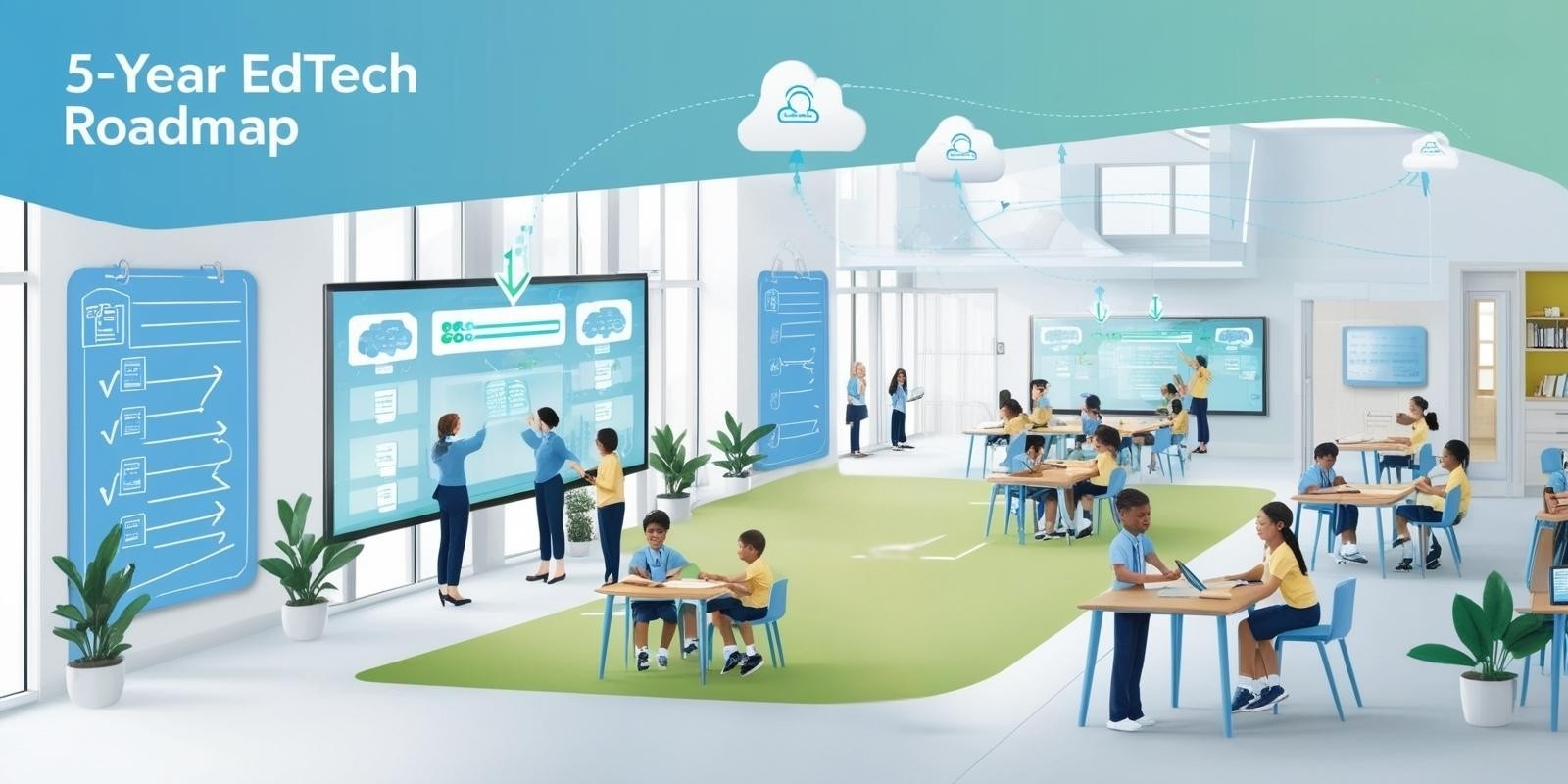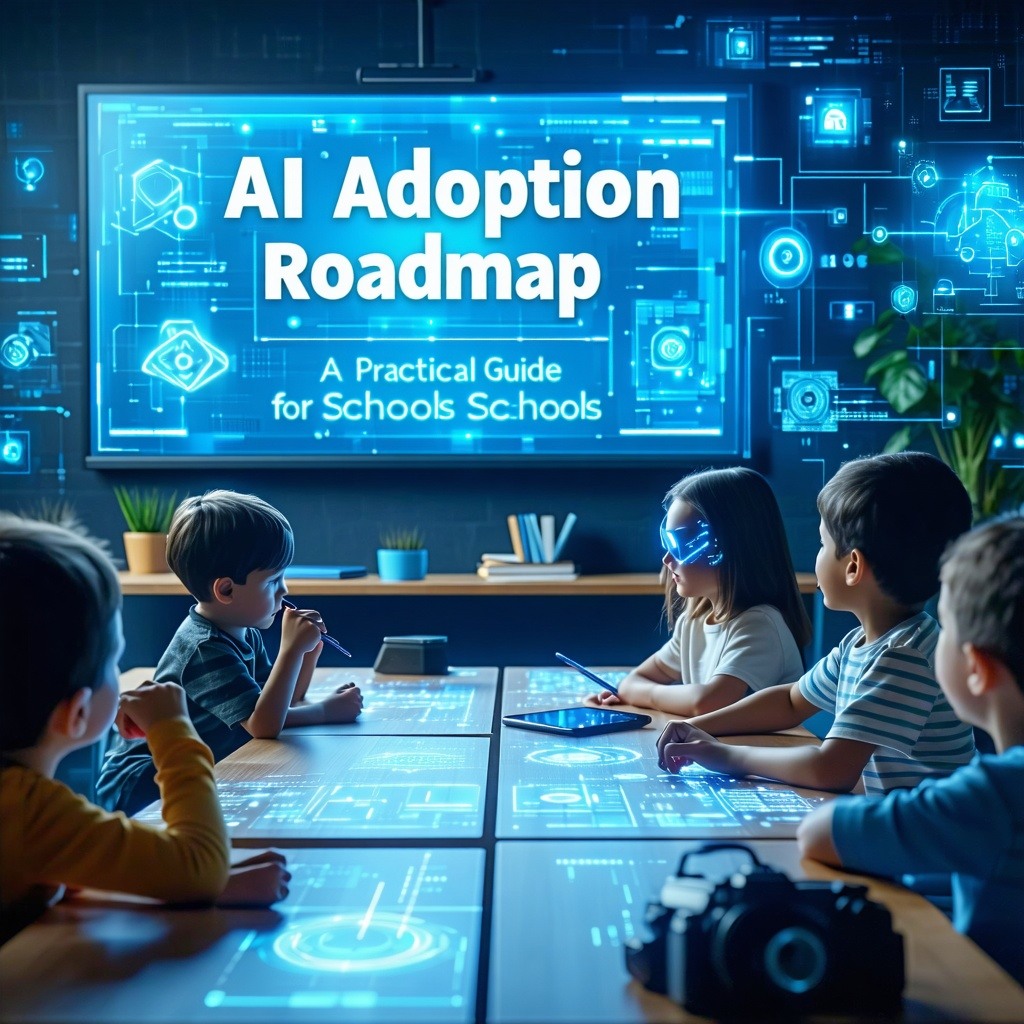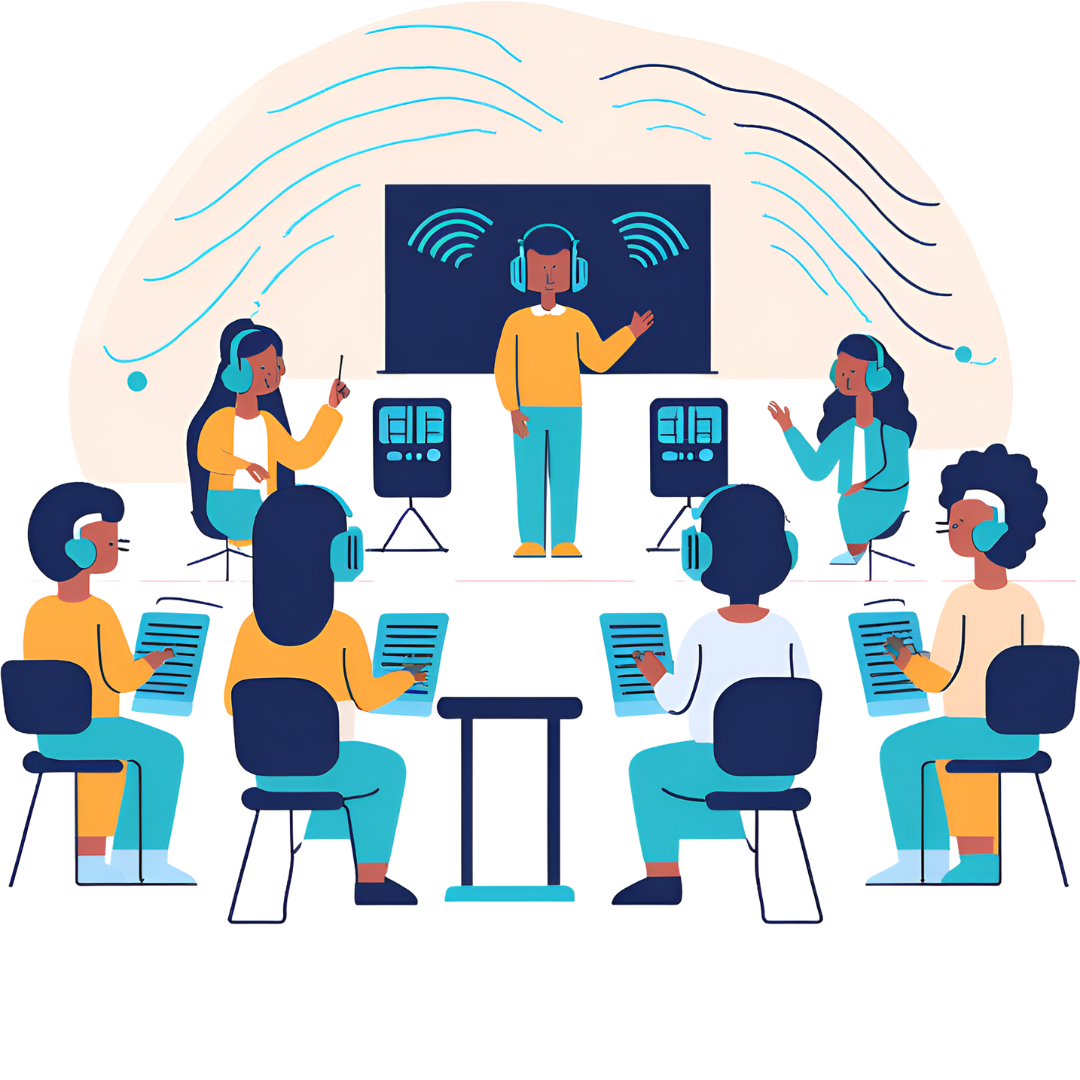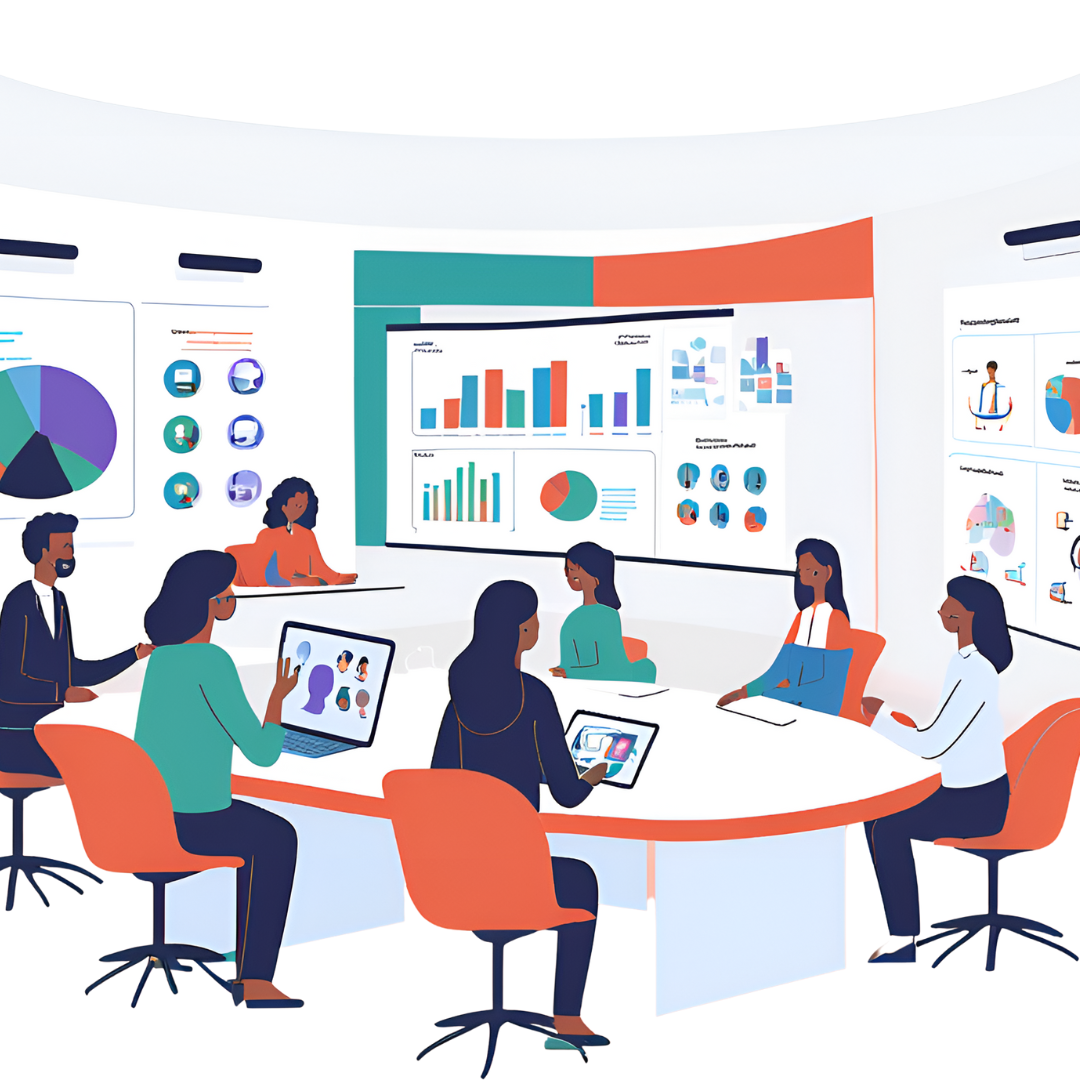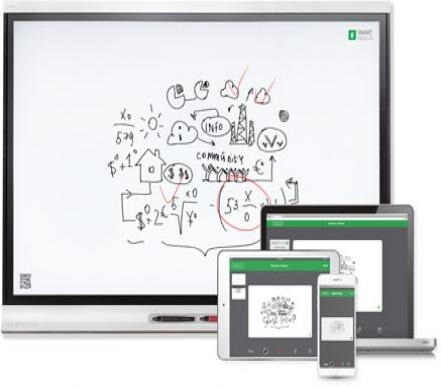Reasons to Switch from Interactive Whiteboards to Interactive Flat Panels
Interactive whiteboards were first adopted in 2004 in a small percentage of classrooms. Since then, interactive whiteboards have helped teachers in providing them with an opportunity to interact with students, allowing them to teach curriculum in a dynamic setting. Interactive whiteboards help students study with the help of instructional resources in a digital format. In fact, even teachers use a stylus on the white board to teach these resources. Also, these white boards take studying beyond the class period wherein the teachers can email or print the lessons being taught. Moreover, the materials can be shared with parents and teachers at any given point of time.
However, there has been a switch to interactive flat panels from interactive white boards. Why, you may ask? Interactive flat panels are displays with which you can interact, like you use a smartphone; just imagine it being a whole lot bigger!

There are some important reasons behind this switch that are explained in detail below:
Availability of Advanced Technology
The interactive flat panels come equipped with the technological advances that we see in tablets, thus offering a huge advantage. These flat panels come with the same touch-screen facility that is offered by tablet devices along with further magnification. Plus, various functionalities present in an interactive flat panels match those that are present in a tablet. As students already know how to use multiple touch displays in their daily lives, integrating them in the classrooms is far easier.
The image quality that one sees in an interactive flat panel is far superior to interactive white boards. You no longer have to switch the lights off to look at the display. Furthermore, you will see that the image quality does not deteriorate over the course of time, which happens in the case of projectors (which are used while using interactive white boards).
Saves up on Costs
A major issue associated with interactive white boards was the on-going cost. This is because there is a cost involved with replacing projectors and bulbs that work with an interactive white board unit. By shifting to interactive flat panels, the funds that were spent on the maintenance of these whiteboards could now be redirected to other areas in interactive panels. Also, it is important to note that interactive flat panels use lesser electricity, benefitting both the school and environment.
Easy to use
Teachers are sometimes hesitant to use a completely fresh interface. With interactive flat panel displays, they feel familiar as they know how to use tablets and other devices that are similar to interactive panels. This is a sign of relief for the teachers as they do not have to spend their time learning an entirely new medium of instruction. Owing to that, they feel comfortable and love the technology behind the flat panels.
If you analyse the points mentioned above, you’ll see exactly why a shift from interactive whiteboards to interactive flat panels is taking place. Interactive flat panels have more impact on students because they consist of the tools that they use in their everyday lives, which make them all the more worth the transition.
.png?width=1322&height=350&name=C3ITXperts-logo-R%20(1).png)


